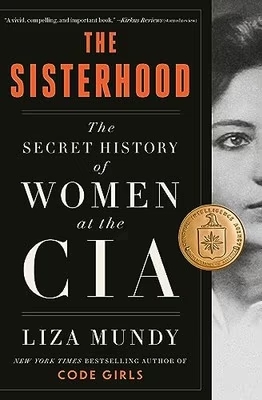Countless investigations have examined why the United States didn’t see 9/11 coming, and the explanations are many. But one factor these assessments don’t fully capture is that some analysts did know that such an attack could happen, and that many of the earliest, most tenacious, and most perceptive of them were female, in an institution that had long underestimated women and their work.
One of the first officers to pay attention to al-Qaeda was a twentysomething analyst named Cindy Storer, sharp-eyed, good at math, a lover of puzzles. In 1989, Storer joined the desk responsible for looking at Afghanistan, which for 10 years had been occupied by Soviet invaders, with the CIA basically running the resistance. The year she arrived on that account, the Soviet Army was defeated; two years later, the Soviet Union fell. Afghanistan, for most officers, faded into unimportance. “We walked away from it,” William Webster, then the CIA director, later admitted.
Storer, however, stayed on the beat, watching as tribal factions fought for control of the country. She began noticing something else: Arab fighters who had traveled from the Middle East, Africa, and Asia to help repel the Soviet occupiers were now fanning out across the world. In Afghanistan, they were known as “foreign fighters” or “Afghan Arabs.” They called themselves mujahideen: Islamic warriors pursuing jihad, or holy war, against infidel nations. They were violent, anti-Western, and growing in number.
Storer began teaching herself how to do terrorism analysis, a new skill that entailed making sense of fragments such as travel records and intercepted conversations among fighters using code names. Sifting through transcripts, cables, and Arab-language news articles, she set out to track which fighters were being influenced by which people and groups. As she talked to colleagues and bosses, however, it seemed to her that they minimized the threat at a time—the “peace dividend” era—when CIA resources were shrinking and desks were competitive and short-staffed. “Nobody wanted to hear about it,” she told me.
